Sport
Dollar
42,7031
0.23 %Euro
50,1678
0.06 %Gram Gold
5.898,4900
0.71 %Quarter Gold
9.753,2900
2.62 %Silver
84,7300
-2.7 %An accounting must be made of the mistakes, so that such an inept response driven by wealthy nations and foisted onto Africa never takes place again.
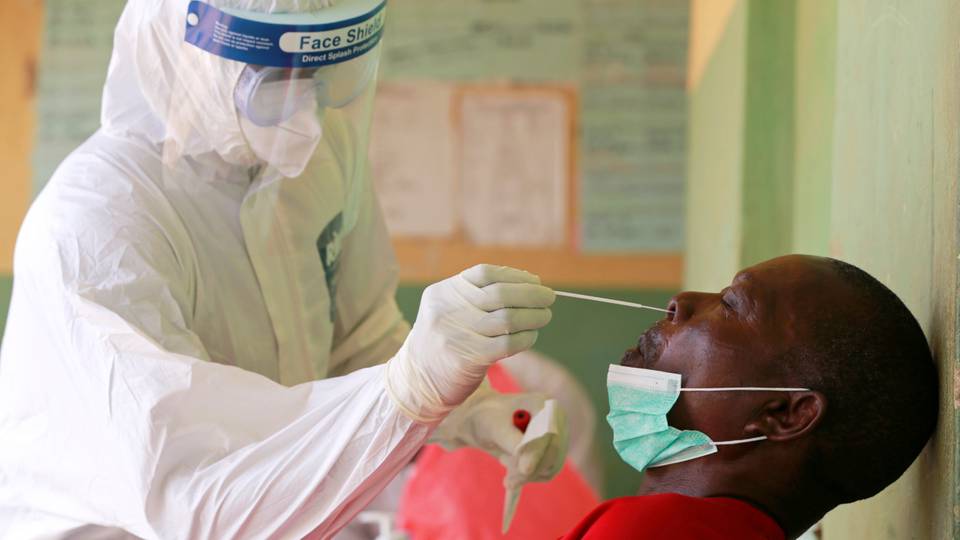
By Toby Green
It has been four years since the WHO declared Covid-19 as an epidemic outbreak of international concern.
The end of January also marks four years since the African continent first began taking measures against the novel coronavirus: Rwanda closed borders to flights from China on January 31st 2020.
In the initial panic over the new virus, many commentators pointed to the experience of Guinea, Liberia and Sierra Leone with Ebola in 2014-15 as a good indicator for how to manage a serious epidemic outbreak.
However, as time has gone on, it has become all too clear that the international global health industry drew the wrong lessons from that experience. In fact, the Covid-19 pandemic response was a disaster in Africa.
As a Covid inquiry gathers pace in the UK, something like this is urgent in Africa. An accounting must be made of the mistakes, so that such an inept response driven by wealthy nations and foisted onto Africa never takes place again.
Some commentators point to the extremely low death rates of Covid-19 in Africa as an indication of Africa’s success in handling the pandemic. However, this is to look at things the wrong way around.
Ebola lessons
With a median age of lower than 20, Africa was always likely to have a low death rate from Covid. This is not an indication of success, but instead of the catastrophe that took place when assuming that Covid-19 would be an equal threat in Africa as it may have been elsewhere.
The first mistake came with lockdowns. These were pushed by the WHO, who in their report on their fact-finding mission to Wuhan of February 25th 2020 recommended that all countries with cases of Covid-19 follow the Chinese model of lockdowns.
However, lockdowns had been trialled in Freetown and Monrovia during the Ebola epidemic.
Esteemed groups such as Doctors Without Borders had counselled against this move then, and subsequent academic research deemed that they had been ineffective – as impossible to maintain in environments where the informal economy is so important.
Such research must surely have been known to WHO, who nevertheless advised these measures in all cases, regardless of socioeconomic infrastructure.
A second grave mistake was in ignoring basic demographics. By the end of March, commentators were noting that Africa’s low median age meant Covid might well not be too serious there.
Cramped spaces
This research was ignored, in favour of an eradication strategy that could never have succeeded in countries where informal settlements mean disease spread of a respiratory virus is impossible to eradicate.
Thus, the third mistake came with curfews. Confining people at certain times of day in the cramped accommodation of informal settlements – in Nairobi, Lagos and Kinshasa – had no discernible epidemiological rationale.
This was a disease which spread more indoors, and by forcing people to share cramped spaces the outcome was certain to be increased virus spread. These can all be deemed scientific errors.
They stemmed from the fact that scientists with decision-making influence at WHO and other supranational organizations all lived in 'wealthy nations.' Apparently, they did not understand the demographic characteristics of social life in urban settings on the African continent.
This was, in effect, a colonial policy, shaped by the financial dependence of African institutions on so-called foreign donors both in the West and in China. A full Covid inquiry in Africa must however not be limited to scientific matters.
A fourth mistake came in ignoring the social determinants of public health – the social context in which science and medicine takes place.
Devastated health systems
Social scientists have long known that wealth and health are closely connected. In poorer countries, the relationship between GDP and life expectancy has been clear for decades, elucidated in the “Prescott curve”.
Effectively, just as increases in GDP raise life expectancy, so reductions lower it. In Africa, the closure of informal markets, transport shutdowns, and curfews, were all policies ensuring increases in poverty. They were policies which could only reduce wealth, health and life expectancy.
With the World Food Programme now saying that more than half of those experiencing acute hunger entered this condition since 2020, and the UNDP that 50 million Africans entered extreme poverty during Covid, it’s clear that the policies driven by the WHO and powerful supranational organisations in the global health industry devastated public health in Africa.
Beyond this, there are many themes that must be considered. First, there is the closure of schools and the impact on and child labour. Second, there are the impacts of movement restrictions on harvests and crop growing cycles.
Third, there is the “shadow pandemic” of gender-based violence prompted by the measures. Fourth, there is the impact of global transport shutdowns and reorientations of priorities on supply chains of vital medicines including malaria rapid tests, which are still in short supply.
No doubt that an Africa Covid inquiry will have its work cut out. One thing alone is clear: whoever runs it, it cannot be the WHO or any other supranational institution which cheerlead the imposition of such ruinous policies on the continent.
The author, Professor Toby Green, is a historian of West Africa and of global inequality. He is the co-author of "The Covid Consensus: The Global Assault on Democracy and the Poor—A Critique from the Left"
Disclaimer: The viewpoints expressed by the author do not necessarily reflect the opinions, viewpoints and editorial policies of TRT Afrika.
Comments
No comments Yet








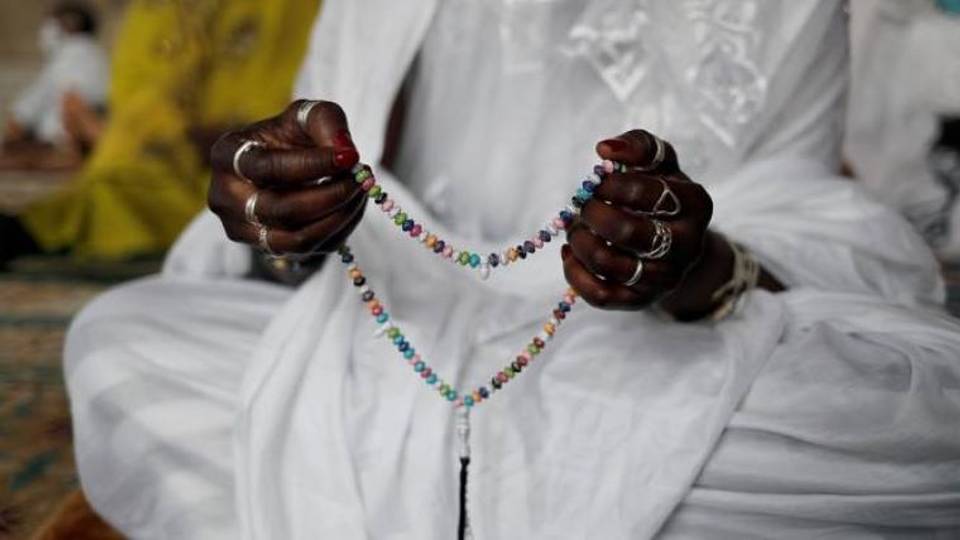
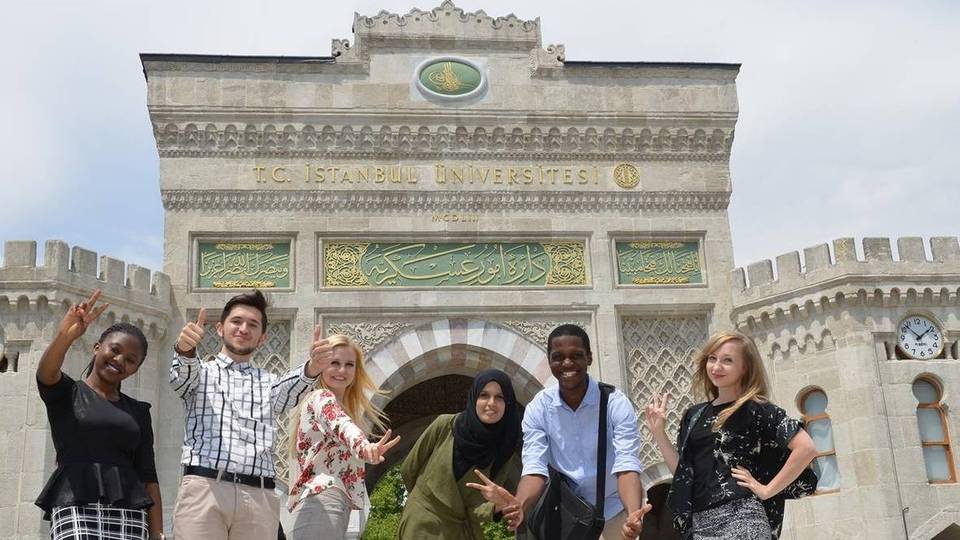
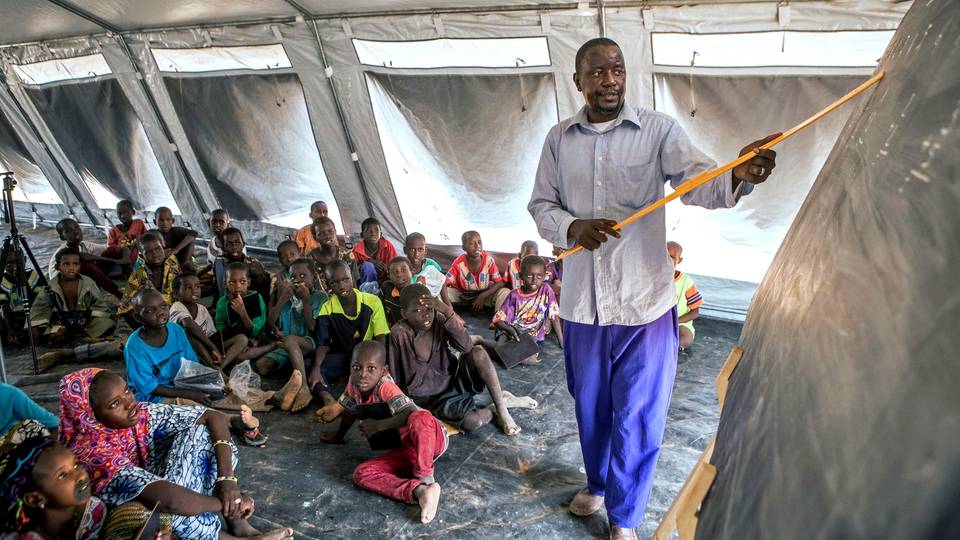
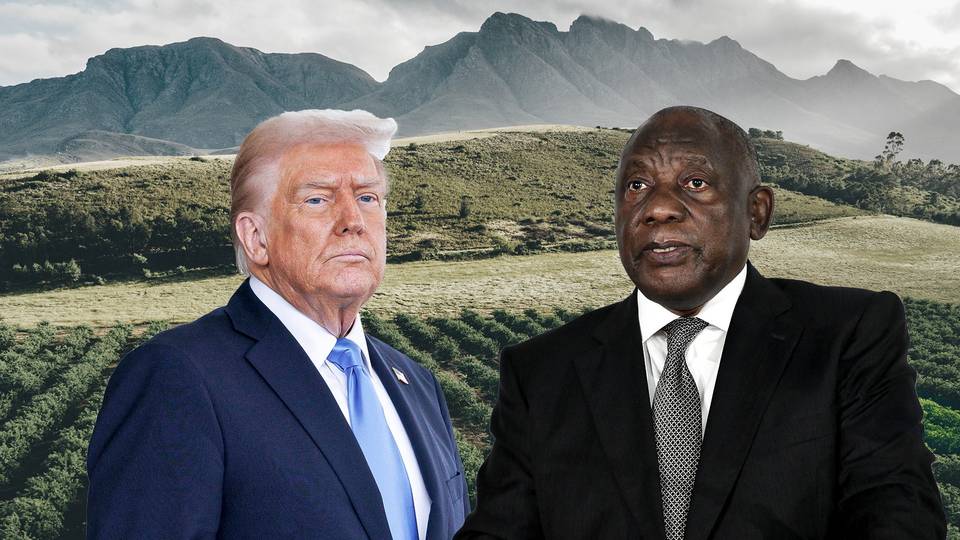








Comment